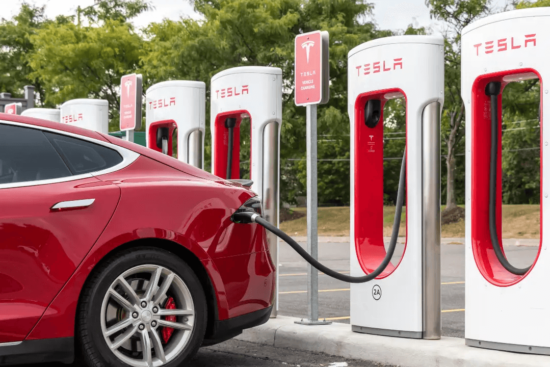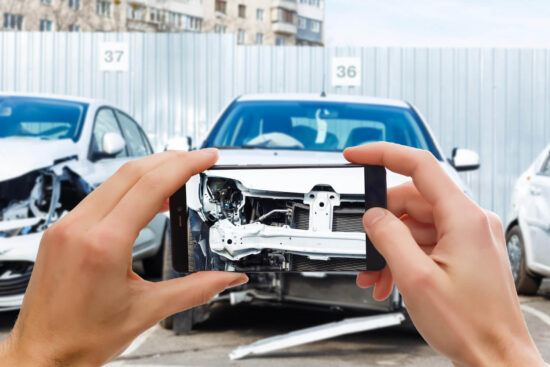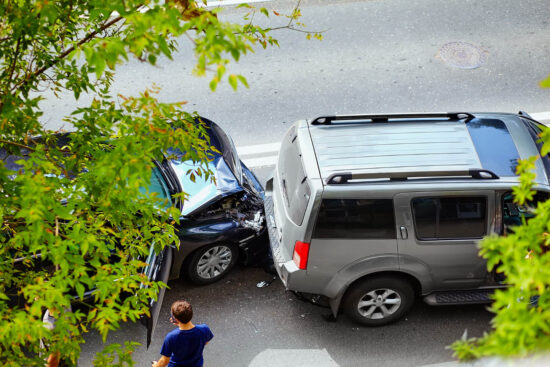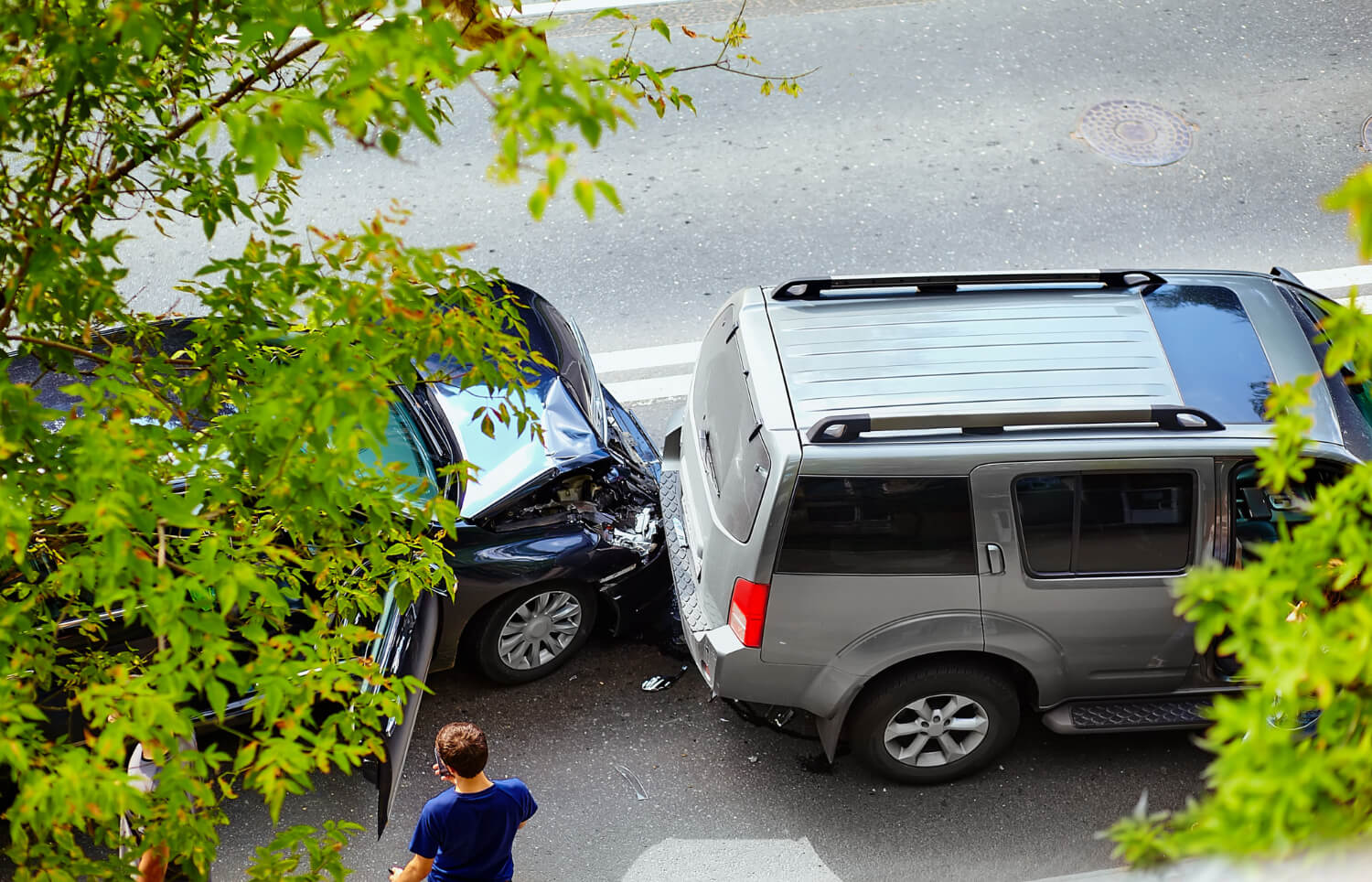
Understanding the Importance of Car Insurance
Car insurance is a crucial component of responsible vehicle ownership. It provides financial protection in the event of an accident, covering damages to property and injuries to people involved. Without insurance, the costs can be devastating, not only financially but also legally, as most states require drivers to have at least minimum coverage.
Legal Requirements for Car Insurance
In the United States, car insurance laws vary by state, but the majority require drivers to carry a minimum amount of liability insurance. This coverage pays for damages and injuries you may cause to others in an accident. Failure to have the required insurance can result in fines, license suspension, and even legal action.
Types of Car Insurance
Liability Insurance
Liability insurance is the most basic form of car insurance required by law. It covers bodily injury and property damage to others if you are at fault in an accident.
Collision Insurance
Collision insurance pays for damage to your own vehicle resulting from a collision with another car or object, regardless of who is at fault.
Comprehensive Insurance
Comprehensive insurance covers damage to your vehicle from non-collision incidents, such as theft, fire, or natural disasters.
Uninsured/Underinsured Motorist Coverage
Uninsured/underinsured motorist coverage is designed to protect you if you are involved in an accident with a driver who has insufficient or no insurance. It covers medical expenses and damage to your vehicle.
Steps to Take Immediately After the Accident
Ensure Safety and Health
The first priority after any car accident is to ensure the safety and health of everyone involved. Check for injuries and move to a safe location if possible.
Call the Police
It’s important to call the police to the scene of the accident. They will create an official report, which is crucial for insurance claims and legal actions.
Gather Information
Collect information from the other driver, including their name, contact details, and vehicle information. Since the other driver has no insurance, this information is vital for any potential legal proceedings.
Document the Scene
Take photographs of the accident scene, including vehicle damage, road conditions, and any visible injuries. This documentation will support your insurance claim and any legal actions.
Seek Medical Attention
Even if you feel fine, it’s important to seek medical attention. Some injuries may not be immediately apparent but can cause serious health issues later.
Reporting the Accident
Notifying Your Insurance Company
Report the accident to your insurance company as soon as possible. Provide them with all the details and documentation you have gathered.
Filing a Police Report
Ensure a police report is filed. This report is a crucial piece of evidence for your insurance claim and any legal actions.
Uninsured Motorist Coverage
What It Covers
Uninsured motorist coverage pays for your medical expenses, lost wages, and other damages if you are hit by an uninsured driver.
How It Works
When you file a claim under your uninsured motorist coverage, your insurance company steps in to cover the costs that the uninsured driver would have paid.
Filing a Claim
To file a claim, provide your insurance company with all relevant information, including the police report and any medical records.
Legal Actions You Can Take
Small Claims Court
If the damages are within your state’s small claims court limit, you can file a lawsuit against the uninsured driver to recover your costs.
Civil Lawsuits
For larger amounts, you may need to file a civil lawsuit. This process is more complex and typically requires the assistance of an attorney.
Hiring an Attorney
An attorney can help you navigate the legal system, gather evidence, and represent you in court to ensure you receive the compensation you deserve.
Financial Implications of an Uninsured Driver
Personal Expenses
Without the other driver’s insurance to cover costs, you may be left with significant out-of-pocket expenses for medical bills and vehicle repairs.
Increased Insurance Premiums
Filing a claim under your uninsured motorist coverage can result in higher insurance premiums, as it is considered an at-fault claim in some states.
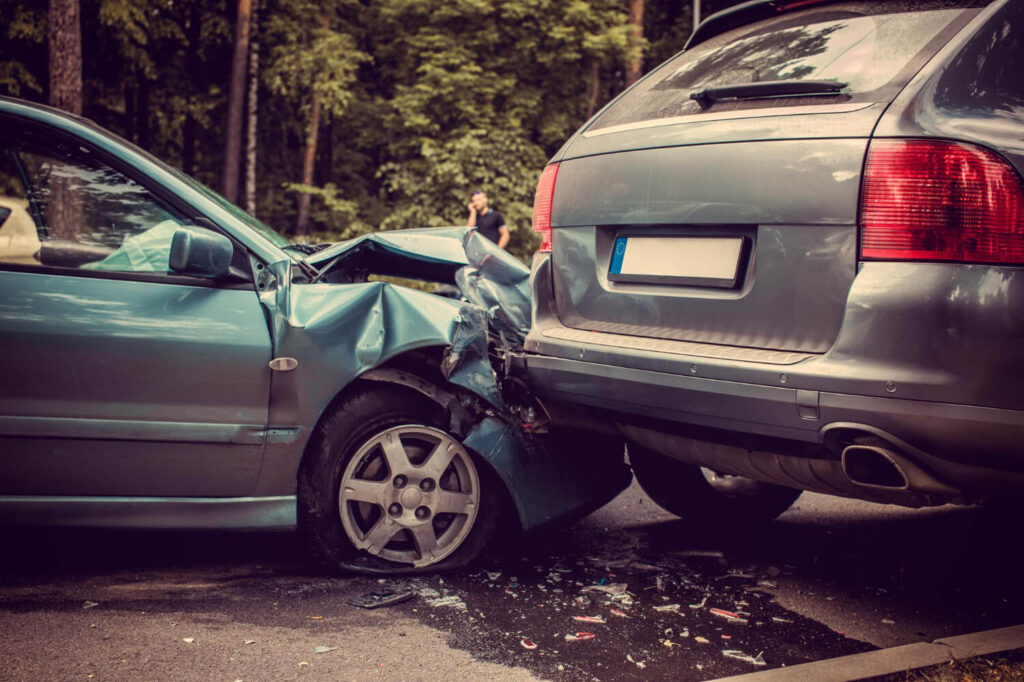
Impact on Your Driving Record
Points on License
Accidents typically result in points on your driving record, which can lead to higher insurance rates and, in some cases, license suspension.
Record of Accidents
An accident with an uninsured driver will still appear on your driving record, potentially impacting your insurance rates and legal standing.
How to Protect Yourself Against Uninsured Drivers
Purchasing Uninsured Motorist Coverage
This coverage is essential for protecting yourself against uninsured drivers and can save you from significant financial hardship.
Defensive Driving
Practicing defensive driving techniques can reduce the risk of accidents, keeping you and your vehicle safe.
Regular Insurance Review
Regularly reviewing and updating your insurance policy ensures you have adequate coverage for all potential scenarios.
State-Specific Laws and Regulations
No-Fault States
In no-fault states, each driver’s insurance pays for their own damages, regardless of who is at fault, minimizing disputes with uninsured drivers.
At-Fault States
In at-fault states, the driver who is determined to be at fault in an accident is responsible for covering the damages, which can complicate cases with uninsured drivers.
Minimum Insurance Requirements
Each state has its own minimum insurance requirements. Knowing these can help you understand your coverage and responsibilities in an accident.
Common Scenarios Involving Uninsured Drivers
Hit-and-Run Accidents
If the uninsured driver flees the scene, it’s considered a hit-and-run. Report this immediately to the police and your insurance company.
Out-of-State Drivers
Dealing with an uninsured driver from another state can complicate matters, as different states have varying laws and insurance requirements.
Frequently Asked Questions (FAQs)
What should I do if I get into an accident with an uninsured driver?
Follow the steps outlined above: ensure safety, call the police, gather information, document the scene, and report the accident to your insurance company.
How does uninsured motorist coverage work?
Uninsured motorist coverage pays for your expenses when the at-fault driver has no insurance. You file a claim with your own insurance company, which then covers the costs.
Can I sue an uninsured driver?
Yes, you can sue an uninsured driver in small claims court or through a civil lawsuit to recover your expenses.
Will my insurance rates go up after an accident with an uninsured driver?
It depends on your state and insurance policy. In some cases, filing a claim under uninsured motorist coverage can result in higher premiums.
What are the penalties for driving without insurance?
Penalties vary by state but can include fines, license suspension, and even jail time for repeated offenses.
Expert Insights
Interviews with Insurance Agents
Insurance agents recommend always carrying uninsured motorist coverage and regularly reviewing your policy to ensure adequate protection.
Legal Expert Opinions
Legal experts advise consulting an attorney if you are involved in an accident with an uninsured driver to understand your rights and options.
Real-Life Stories
Case Studies
Several case studies illustrate the challenges and outcomes of dealing with uninsured drivers, highlighting the importance of proper insurance coverage.
Personal Narratives
Personal stories from individuals who have experienced accidents with uninsured drivers provide valuable insights and advice.
Conclusion
Navigating an accident with an uninsured driver can be complex and stressful. By understanding your insurance options, taking the appropriate steps immediately after the accident, and knowing your legal rights, you can protect yourself and ensure you receive the compensation you deserve.






